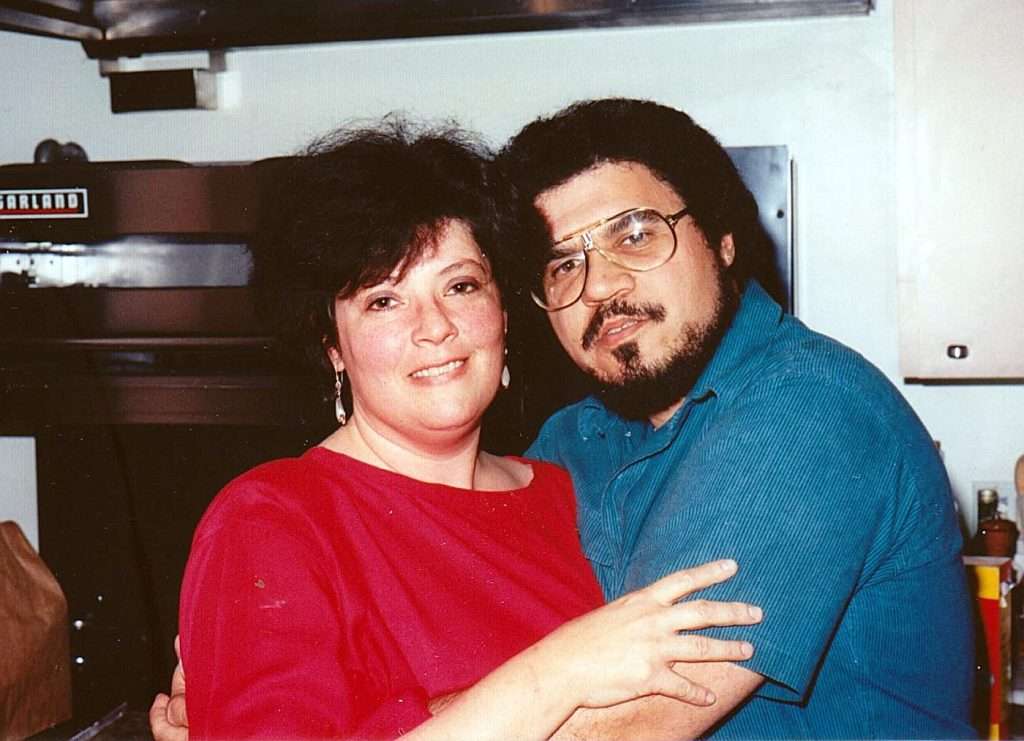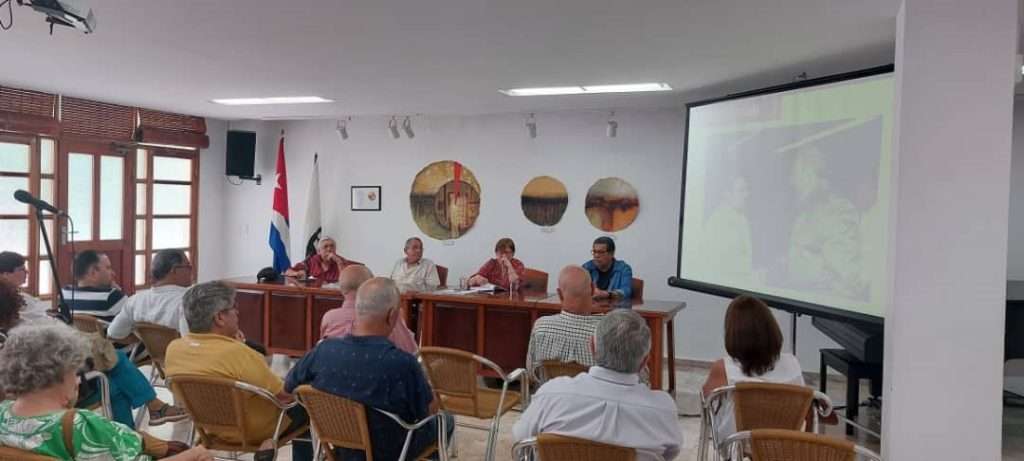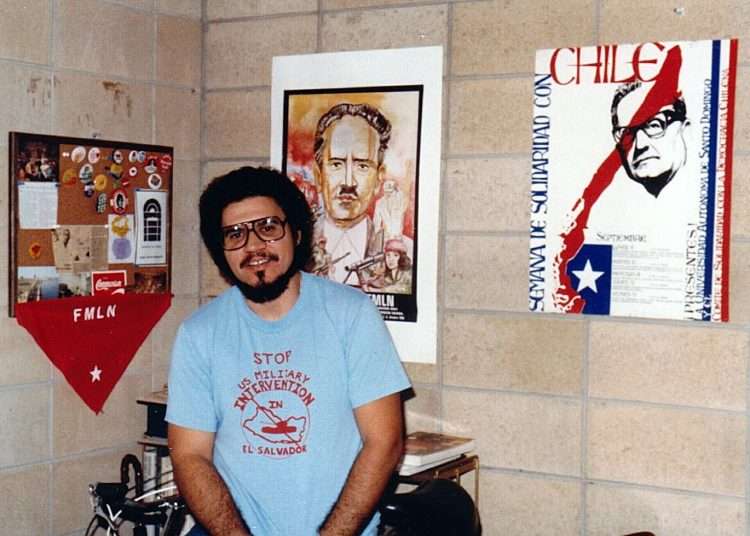None of us who had the privilege of knowing Félix Masud Piloto (Havana, December 6, 1950-Chicago, March 10, 2023) would dispute that he was a bridge man between unknown friends, between the cultures and academies of the United States and Cuba, between the most rigorous knowledge and other areas of “less scientific” life, like sports. He was that, and to a superlative degree.
PhD in History from Florida State University, professor at Cornell University, Ithaca, New York, and professor at DePaul University, Chicago, from 1990 until his death on March 10 of this year, Masud traveled frequently to Cuba, where he had friends everywhere. I remember him as a good man, with an affable character and an easy laugh, with whom you could talk about any topic. Always affectionate and sincere, his nobility was like the letter of introduction to make friends.
I met him on one of his many trips to Cuba, his homeland — from which he left as a child, in the company of his father in 1962 —, thanks to one of his best friends, also mine, Norberto Codina. In a short time, we formed a friendship that lasted forever. We would see each other on the island and at the LASA (Latin American Studies Association) congresses, in Barcelona, Montreal or Boston, events in which he participated actively. In 2001, I invited him, along with his American students, to the event for the centenary of Wifredo Lam that took place at the Contemporary Art Center that bears the artist’s name, an occasion that was very important for Félix and his students due to the presence of Fidel Castro.
These days we remember him in the tribute we wanted to pay him after his death. The headquarters of the Union of Writers and Artists of Cuba (UNEAC) welcomed us. Beyond a formal meeting, the event became a heartfelt exchange of memories and anecdotes that Félix would have enjoyed very much, without a doubt. We recalled his long years of teaching and research, especially at De Paul University, where he was recognized as Professor Emeritus and where he directed, between 1992 and 2009, the Center for Latino Research and founded Diálogo magazine in 1996.
A firm defender of academic exchanges between Cuba and the United States, Masud brought to the island many groups of students who toured the country, receiving lectures by Cuban artists and academicians as part of his Cuba Program. Masud promoted students’ direct physical contact with the Latin American realities (they also visited Chile and Argentina), since he understood that through these channels personal and scientific relationships were solidified that greatly contributed to the friendship between the peoples. From Cuba he also received the Distinction for National Culture (2007), in an unforgettable night in which the presence of his affections from this side of the world prevailed.
Of Félix, we should also mention his three decades teaching disciplines such as Latin American History (20th century), Social Revolutions on the continent, Migrations, Relations between Cuba and the United States, Cinema and History, among others. He was part of the editorial committees of various magazines, including the prestigious Cuban Studies, and master’s and doctoral theses committees. His last activity, before retiring, was directing the master’s degree in history at DePaul University. He was the author of several books of essays, in Spanish and English, among them Con los brazos abiertos (1988), De exiliados bienvenidos a inmigrantes ilegales: la migración cubana a Estados Unidos (1996), Mariel 1980: consecuencias de una política migratoria politizada (2005), and an active lecturer.
Several intellectuals, writers and professors attended this last tribute in Cuba. We shared anecdotes, images and gradually portrayed the dear friend who also had incomparable support in his life partner, María Masud (who had left Cuba during Operation Peter Pan).

They all spoke about teaching, research, exchanges, sports, his solid and invariable friendship, his genuine love for Cuba in a panel made up of Norberto Codina, Roger Ricardo, Olga Fernández and Jesús Arboleya, who then gave space to the attendees. among whom I can cite Miguel Barnet, Nancy Morejón, Antonio Aja, Gisela González, Rafael Betancourt, Zayda Capote and Johana Tablada. They all turned the emotional morning into the evocation that we owed to our great Felix.

Another tribute will take place on April 15 in the city of Chicago; a funeral service at Dignity Memorial. There he will also be remembered by so many friends whom Félix knew how to cultivate throughout his fruitful life, and by his students, with whom he always shared his wisdom and nobility.










